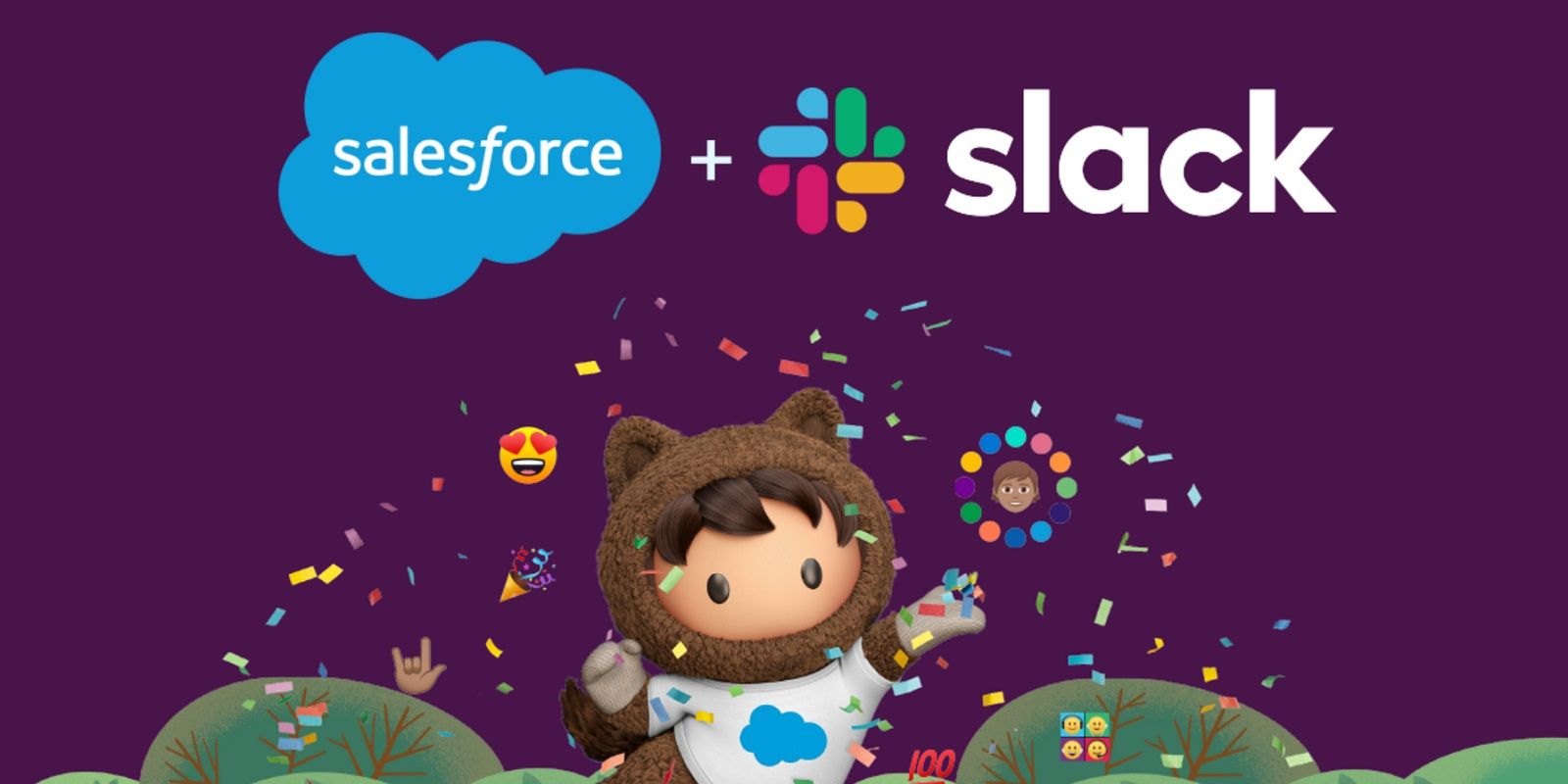

However, Slack has struggled to convert its success into profits. Many companies that used it for the first time this year are likely to continue doing so beyond the pandemic and Salesforce’s investment is a big bet on this future. This helps to futureproof Slack’s appeal. In the third quarter, Slack added 12,000 net new paid customers – up 140% year over year.Īnd even as promising vaccines look set to allow offices to fully reopen next year, many are expecting remote working to remain for the long term. Since then its popularity has continued to soar. Slack use surged when much of the world went into lockdown in March, adding 2.5 million simultaneously connected users in just 16 days. As such, employees have become more dependent on collaboration tools to carry out their jobs, driving up the use of tools like Slack and Zoom. The way we work – increasingly digital and in distributed teams untethered from the office – has been accelerated by the coronavirus pandemic. This is a new ‘operating system’ for how knowledge workers will interact in the future, connecting the front office, back office, and customers all together in a single platform,” says Aaron Levie, co-founder and CEO at content management company Box, in a blog post. “This isn’t just about the future of collaboration. The acquisition will see Slack become the new interface for Salesforce Customer 360, a move that could reimagine the way enterprise software tools are designed and used.

“Together, Salesforce and Slack will shape the future of enterprise software and transform the way everyone works in the all-digital, work-from-anywhere world.” A “new operating system” for work “This is a match made in heaven,” said Marc Benioff, chair and CEO of Salesforce in a statement late on Tuesday that confirmed a week of speculation.

Both are cloud-based, software as a service (SaaS) companies. Meanwhile, Salesforce has built up an arsenal of software tools designed to improve the way that sales and marketing teams carry out their roles. The company has helped reshape the way that work is done, spurring rivals such as Microsoft and Google into developing their own competitor products. Five years later and email remains alive and well, if perhaps a little bruised by Slack.

When Slack launched in 2013 it was boldly described as “killing email”. First, both Slack’s and Salesforce’s underlying focus is the future of work.


 0 kommentar(er)
0 kommentar(er)
